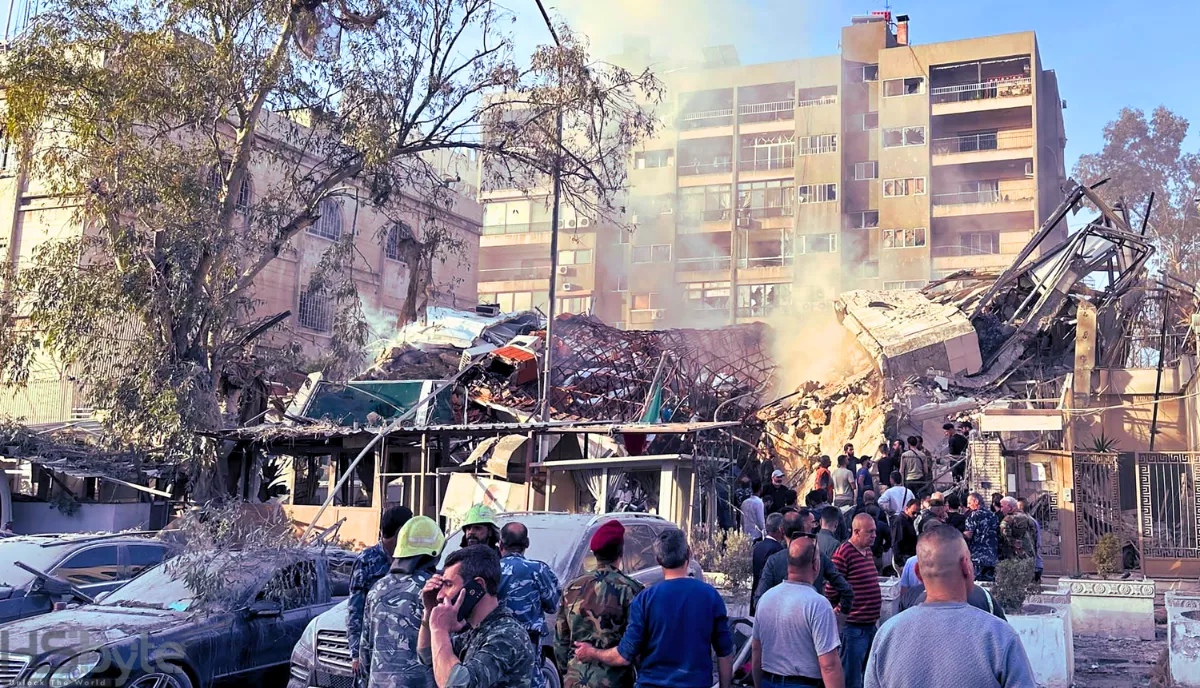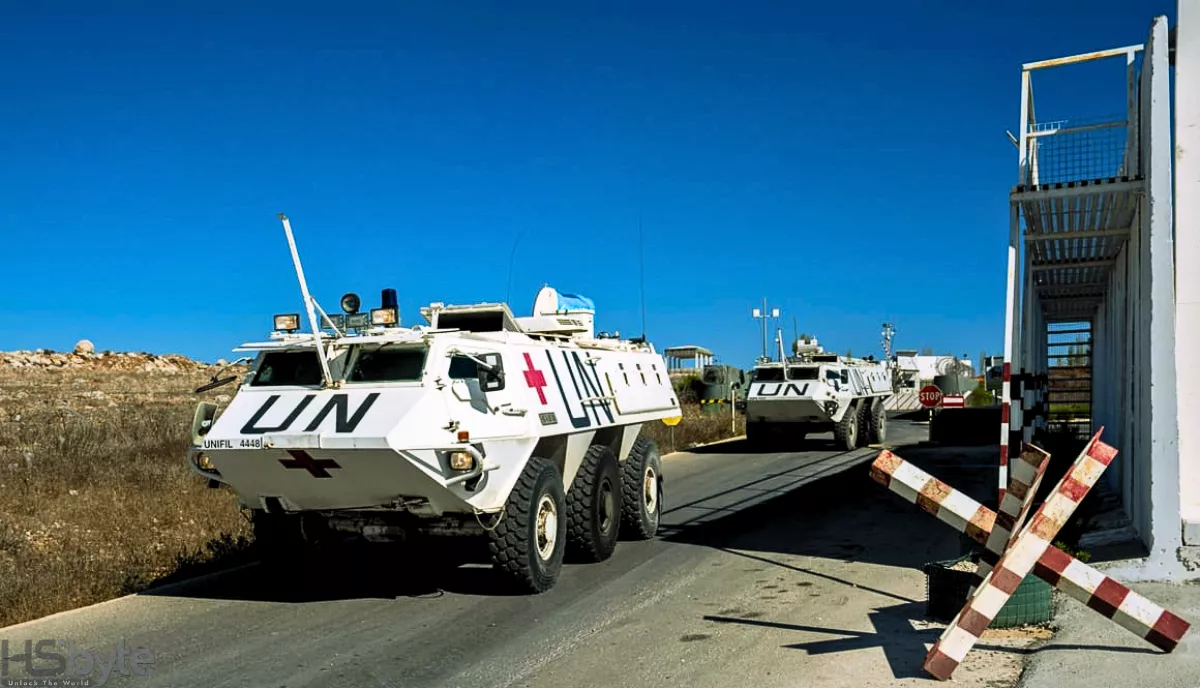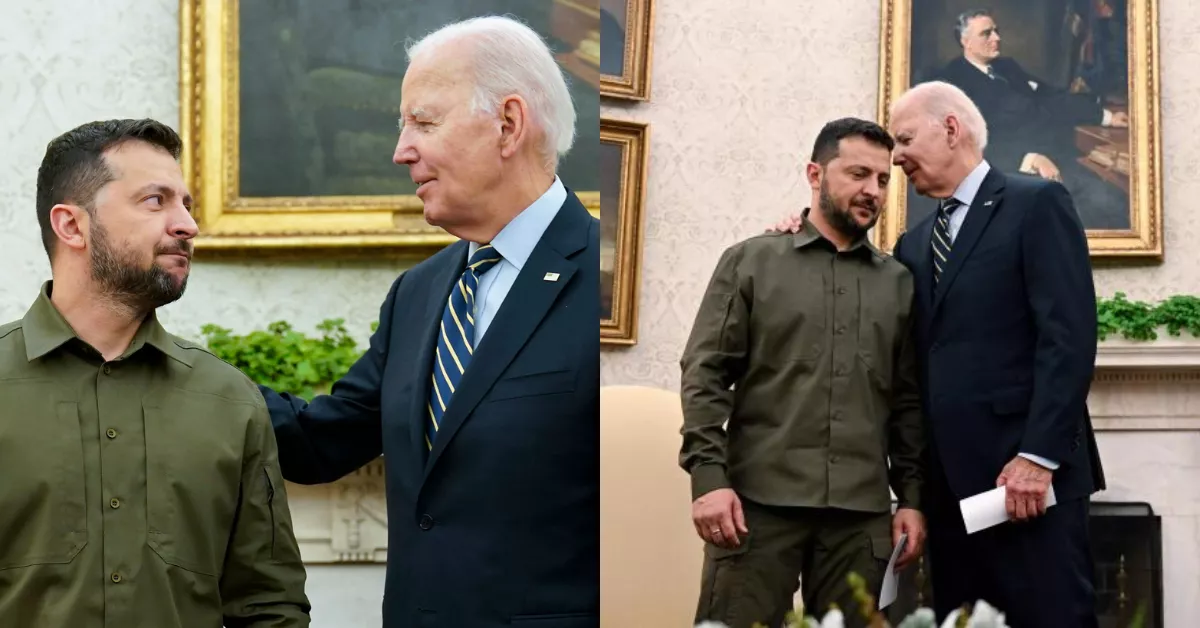
- Category: Middle East, News

- Share
In a significant escalation of Middle Eastern tensions, Israel conducted targeted airstrikes on multiple sites within Iran, including missile factories near Tehran and areas in western Iran, killing four Iranian soldiers. The strikes came as retaliation for Iran’s earlier missile attacks, launched on October 1, where almost 200 ballistic missiles were aimed toward Israel. This latest exchange marks a worrying increase in hostilities, with both nations exchanging statements that underscore the serious implications of their actions.
The Israeli Defense Forces (IDF) confirmed they struck specific military sites in response to Iran’s actions, focusing on facilities linked to missile production near Tehran and critical locations in western Iran. Rear Admiral Daniel Hagari, spokesperson for the IDF, emphasized Israel’s readiness to defend its territory and citizens and issued a stern warning against further aggression from Iran. While the United States and the United Kingdom have called for calm, Israel has made it clear that it will act based on national interests and will not allow outside influence to dictate its responses.
Iran had previously claimed that its missile barrage was in response to the assassination of Ismail Haniyeh, the Hamas political leader, on Iranian soil in July. Despite the considerable number of missiles fired, Israel’s defense systems successfully intercepted most of them, although some managed to hit central and southern areas, causing widespread alarm and minor structural damage. Iran’s military sources reported limited damage in locations struck by Israel, particularly in Tehran and Khuzestan, although Iran claimed it effectively countered the strikes.
Tehran’s statement in response to the Israeli attacks was notably measured, affirming that Iran has the right to defend itself while also signaling a commitment to regional peace. Despite this, reports suggest that local Iranian media broadcast normal daily activities in key cities, seeking to reassure citizens that essential services and schools remained unaffected. However, some Tehran residents reported hearing loud blasts and expressed concern over potential escalation. “It was an echoing sound… terrible and horrifying,” said Hooman, a factory employee who was at work when the strikes occurred.
Both US President Joe Biden’s administration and UK Prime Minister Sir Keir Starmer urged Iran to avoid further retaliation, advocating for a restrained approach to prevent a deeper conflict. According to a senior US official, the Biden administration had been informed about the Israeli strikes in advance but did not play a role in their planning. The official added that Israel was encouraged to avoid hitting Iran’s oil infrastructure or nuclear sites, resulting in what the US viewed as a proportionate response with minimal risk to civilian areas. Despite this, Israeli Prime Minister Benjamin Netanyahu’s office issued a statement underscoring that Israel’s national interests guided its decisions, not directives from allied nations.
The international community’s reactions to Israel’s strikes have been mixed. While the UK backed Israel’s right to self-defense, other regional nations voiced concern. Russia and Jordan were vocal in their criticism, with Russian foreign ministry spokesperson Maria Zakharova urging restraint and an end to provocations. Qatar expressed deep concern over possible repercussions, while Jordan called the incident a “dangerous escalation.”
Complicating the regional situation, Hezbollah, Iran’s allied group in Lebanon, launched a volley of 80 projectiles into northern Israel following Israel’s operation in Iran. The projectiles, some of which targeted residential areas, prompted an immediate response from Israeli forces. In response, Israeli airstrikes reportedly targeted sites in central and southern Syria, widening the scope of the conflict. This escalation has prompted further warnings from Western leaders urging Iran and its allies to refrain from provoking a broader conflict.
The tension between Israel and Iran reflects broader regional dynamics, with each side wary of further escalation but committed to defending its interests. As a new week unfolds, international observers remain on alert for any sign that these latest developments might signal a prolonged conflict.
You May Also Like


Israeli Hostage Couple Reunited After 738 Days

Raila Odinga Dies at 80: Kenya Mourns Political Giant

Trump Demands Hamas Disarm Amid Brutal Gaza Crackdown

Israeli Strikes on Iran Heighten Tensions

UNIFIL Post Breached: Israeli Tanks Escalate Tensions
Latest Update

Zelensky Biden Meeting Ignites Republican Outrage Amid Aid Talks

Wuthering Heights Film Casting: Controversy Sparks Debate

Will the US Presidential Election Shape the Future of Crypto?

War with Russia: Zelensky Sees Hope for Peace

Unpacking the ‘Dark Arts’ in Manchester City vs Arsenal Showdown

UNIFIL Post Breached: Israeli Tanks Escalate Tensions

Trump Demands Hamas Disarm Amid Brutal Gaza Crackdown

